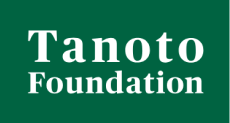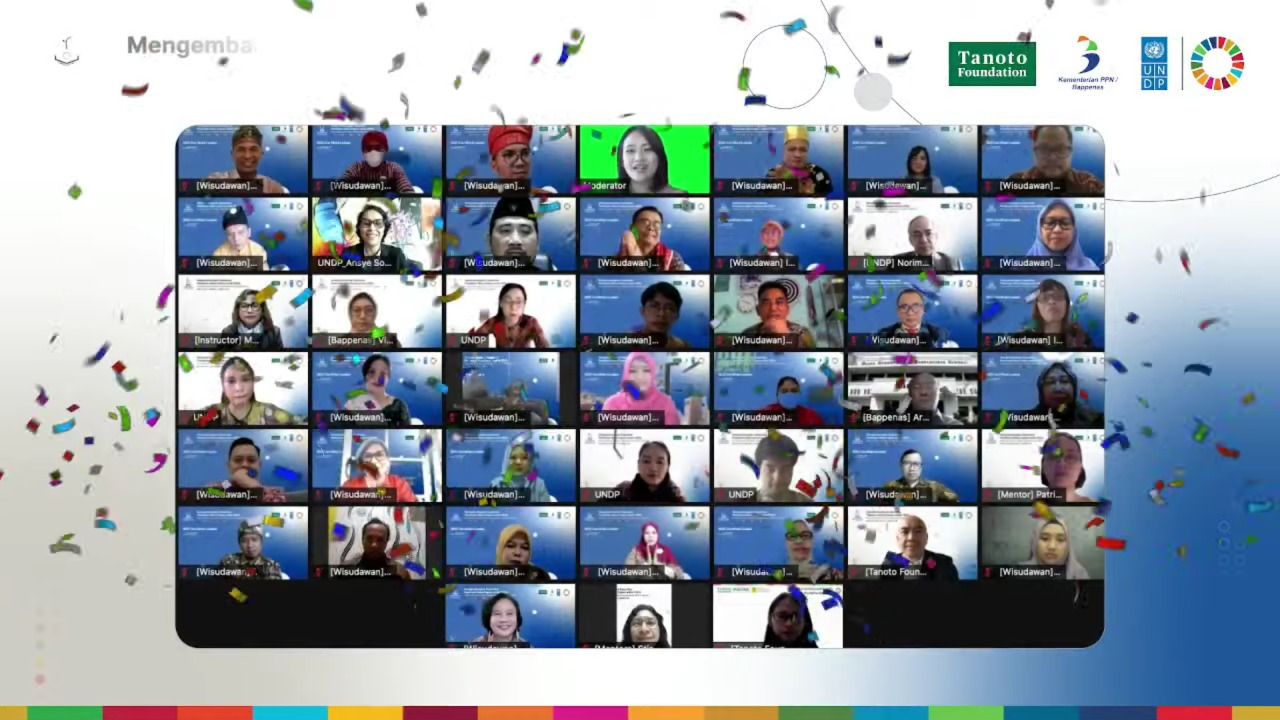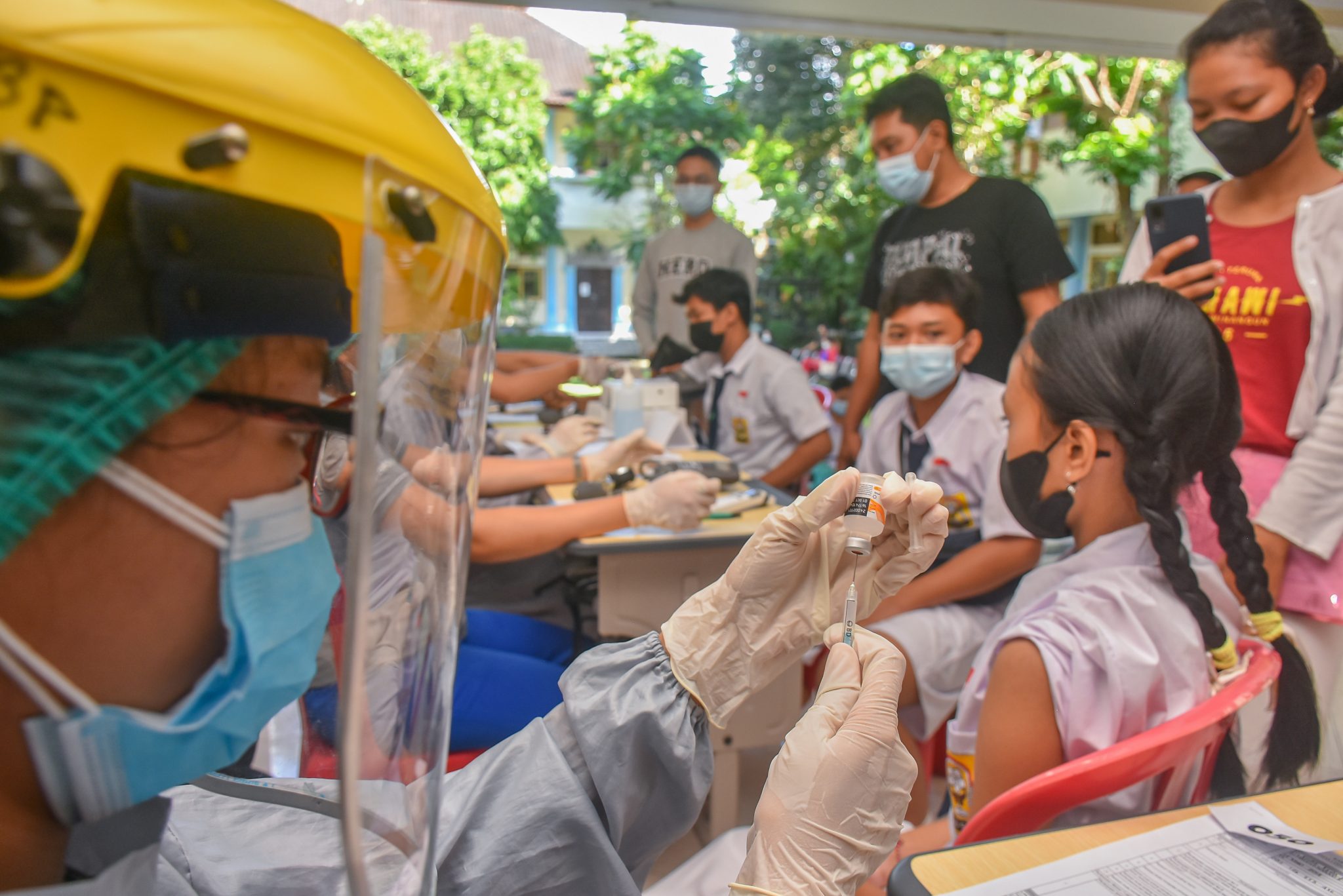Indonesia is grappling with surging and record high COVID-19 cases amidst a strained healthcare system and oxygen shortage. Will it get better?
Despite having rolled out a nation-wide vaccination campaign, we currently hold the unenviable honor of being one of five countries – others being Brazil, Argentina, India and Columbia – with the highest daily new cases and death toll, and being the epicentre of the pandemic in Southeast Asia. We have to learn quickly and act decisively.
Singapore’s COVID-19 multi-ministry task force outlined what we believe are non-negotiable areas for a nation to confidently exit the pandemic – vaccines, testing, treatment and social responsibility. We believe adding a fifth in the form of collaboration and partnerships will be helpful in accelerating Indonesia’s recovery.
If this multi-prong approach is not already challenging enough for a country of 17,508 islands with an East-West span of 5,100km and which also happens to be the world’s fourth most populous nation, we also have to simultaneously address the immediate challenges while laying new foundations to strengthen our systemic resilience. These five areas are mutually dependent and interconnected, as a deficiency in one can affect the others.
First, vaccines play a life-saving role. We have seen for ourselves how countries with higher vaccination rates have lower hospitalization and mortality rates. With vaccines, the mortal threat of the virus will be significantly blunted.
In addition to having sufficient supply and overcoming logistic barriers, the success of the national-scale vaccination drive largely depends on broader public-private collaboration and an increased awareness and scientific literacy among the population.
In this war on COVID-19, vaccine hesitancy and resistance are unfortunate and unhelpful non-considerations in the urgent process of saving lives and alleviating the strain on our embattled healthcare system. As of early July 2021, only 5.1 percent of Indonesia’s population is fully vaccinated with two doses. Considering the surge of new cases in recent weeks, it is even more urgent for Indonesia now than ever to bolster its vaccination drive.
The country with the highest vaccination rate in the world, Israel has been able to meet the provision of 10.9 million doses of COVID-19 vaccines (covering two doses) for approximately 60.3 percent of its total population. Its Healthy Ministry reported a rapid decline in average daily new cases, which fell to 149 per day by April and nearly zero average daily deaths in June. Even India, once Asia’s COVID-19 epicenter before Indonesia took over, has administered three to four million per day in attempts to dampen the impact of the devastating second wave.
Second, to curb the spread of infection, testing is vital and has to be made readily available and accessible to all. A Jakarta Department of Health serology survey of 5,000 samples suggests that almost half of Jakarta (around 4.7 million residents) has already been infected. A disproportionately inadequate testing capacity will not only slow down diagnosis and treatment but also unnecessarily prolong our battle with COVID-19. Early detection, especially in high-risk segments of the population, will allow for early intervention and containment.
Third, management and treatment. Thanks to the international community and local companies and organizations Indonesia is bringing in oxygen supply and oxygen concentrators to support the management of severe cases. Previously, companies and organizations brought in testing equipment, medical supplies and personal protective equipment to bolster the country’s fight against COVID-19. Moving forward, will we continue to have the means, capacity and infrastructure to treat and every patient effectively and save their lives? How will we plan and prepare for the next emergency?
Fourth, social responsibility is crucial to ensuring our journey out of this pandemic remains measured and steady. We have to recognise that everyone plays an equally important role in the safety and well-being of the wider community. It is therefore socially responsible to get vaccinated if you are not; to get tested if you are unwell; and to seek appropriate treatment to facilitate your recovery.
To a significant extent, scientific literacy underpins social responsibility. We need to be able to discern and better appreciate evidence-based facts and safeguard ourselves against misinformation and fake news. Building up our understanding of the wider benefits of vaccines and testing can help us make better informed decisions for ourselves, our loved ones and the community.
Fifth, an area of great opportunity on which we can further tap is collaboration and partnerships, at both international and national levels. At this point, this unprecedented public health emergency has surely reminded us that our respective differing agenda and pursuits of a healthy life, a productive workforce, a potential-realizing outcome, social mobility, among others, all remain entwined with and contingent on our combined efforts and resolve in effectively containing the virus. The cost of not doing so – lives. Unless we can morally afford to stray from our common purpose against a common enemy, collaboration and partnerships are necessary.
We observe how international community, private philanthropies and non-government organizations have worked closely with the government to broaden and accelerate the vaccination campaign, in addition to strengthening testing and treatment capacities. These are urgent near-term fixes and boosters that also provide a glimpse into how our longer term strategy can systemically normalize and accommodate partnerships to achieve impact at scale. Thanks to the growing number of public-private partnerships, we are witnessing the acceleration of the national vaccination campaign. Beyond Indonesia, global collaboration and partnerships must primarily address inequities in vaccine distribution, especially to developing countries, and should be based on the key values of solidarity, equity, social justice and human rights.
In an information and content saturated age, influencers, celebrities, community and religious leaders have been engaged to share government advisories and evidence-based advice with the broader public. Private organizations too already join in the public health messaging and vaccine advocacy, and in terms of supporting the nation’s rally to get people vaccinated, the mainstream media has and will continue to play an important role. Having the right information and message alone is ineffective; we need to ensure that its reach is far-reaching, calibrated, timely and sustained. With more on board, united under a common purpose of saving lives and keeping our communities safe, we can eventually overcome misinformation and vaccine hesitancy.
If we stayed the course on vaccination, testing, treatment, social responsibility and continuous collaboration and partnerships, we will together chart a more decisive path out of this pandemic and into a new normal. We deal with our complex contexts by sharing a common purpose, fostering our mutual understanding and support for one another, and developing the clarity as we build up and sustain our scientific literacy. There is a lot to learn from the international community and we will also need to have the resolve, commitment and leadership to realize the hopes we have of the brighter days ahead of us. Indonesia will prevail and emerge stronger.
Dr J. Satrijo Tanudjojo is Global CEO of Tanoto Foundation. Tanoto Foundation is an independent philanthropic organization founded by Sukanto Tanoto and Tinah Bingei Tanoto based on the belief that every person should have the opportunity to realize his or her full potential.
Professor Tikki Pangestu is visiting Professor at the Yong Loo Lin School of Medicine, National University of Singapore. Former Director of Research Policy and Cooperation at the World Health Organization.





